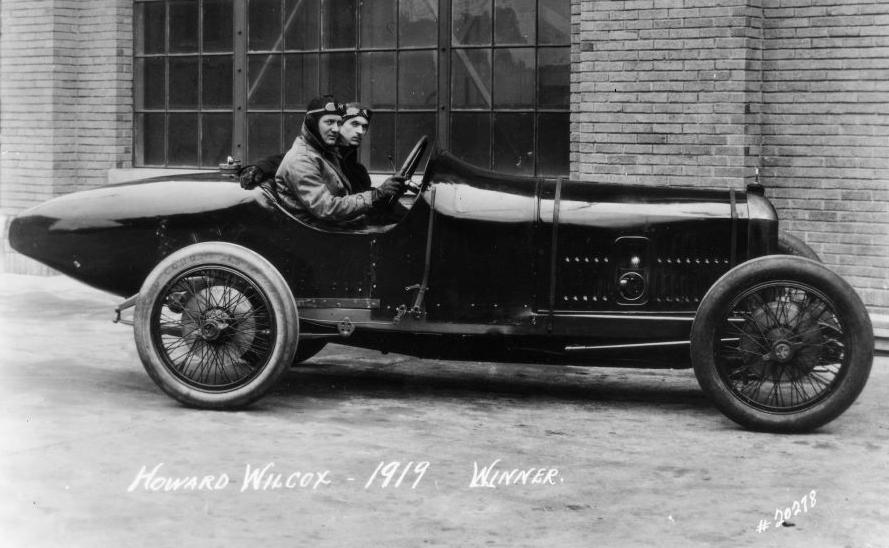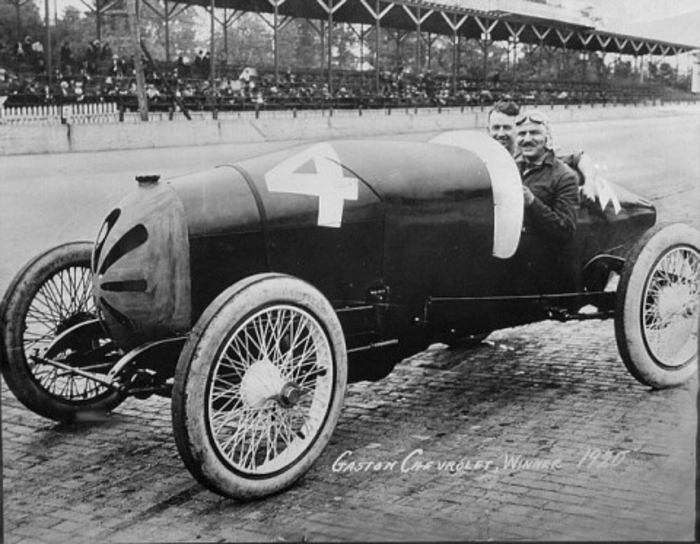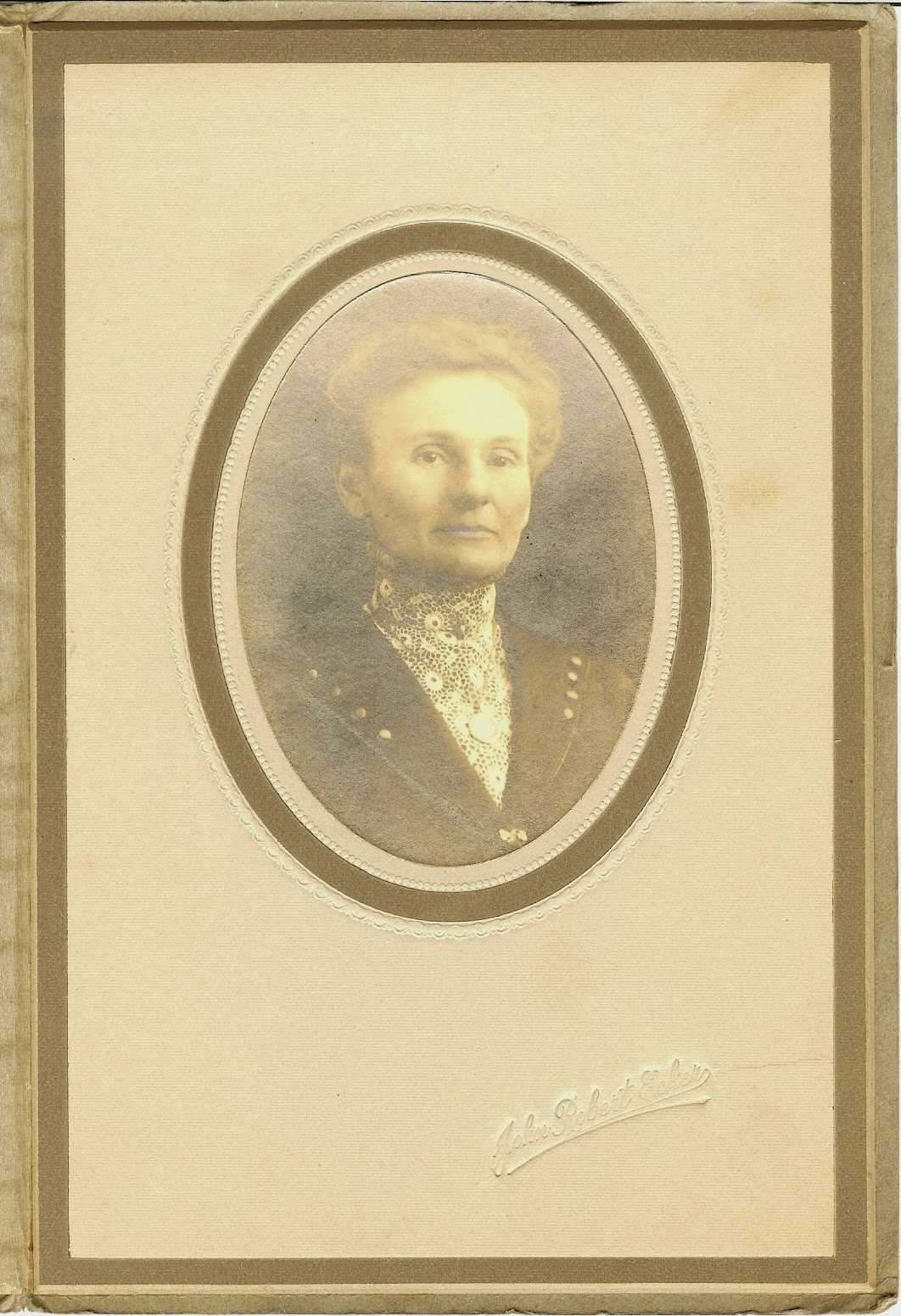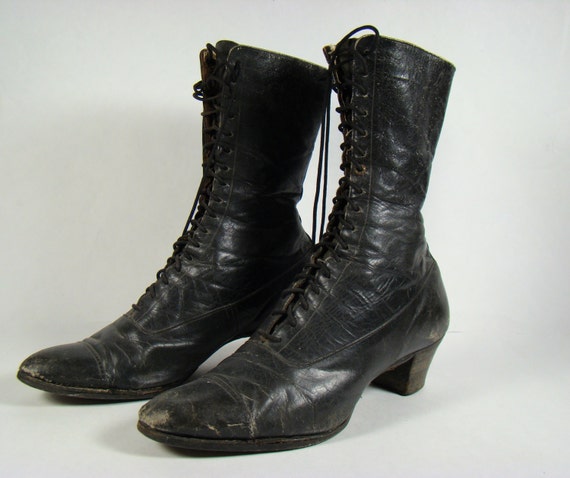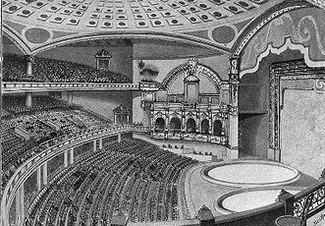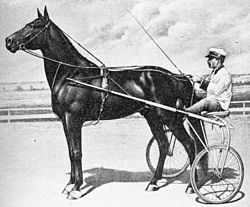Amy Johnson Crow at No Story Too Small has a weekly challenge to write the stories of your ancestors. This is week #17 and the suggested theme is PROSPER. I am highlighting my great great grandfather Frederick Henry William Moehlmann.
I have written about my 2x great grandfather before but it was in relation to having a long marriage. This week I want to talk about his successes. I so admire all of my immigrant ancestors who had the courage to travel to new lands, seeking their fortune. Frederick and his wife Ida Sophia came to the US in September of 1867.
I don't really know the circumstances around the decision to leave Beckedorf, Germany and settle in Indianapolis, Indiana. There had been recent changes in the government with the formation of The North German Federation after the Austro-Prusian War ended in July 1866. The following year a new constitution was adopted. I am just beginning to research the history of Beckedorf, where he was born, but it certainly seems logical that all the political changes may have had an impact on Frederick.
One think I know for sure it that the decision for Sophia to travel with him was most likely last minute. There was a notation made in the marriage record at the church in Meinsen on 15 Aug 1867 stating: "Very short notice was given for intended marriage. They married at 7 in the evening because their ship is going to America." Also the manifest for the ship "Hansa" which arrived in New York on 2 Sep 1867, listed Ida with her maiden name of Krentler.
Just three years later in the 1870 census, Frederick is working as a railroad laborer and has real estate valued at $1800 and they have two children. By 1880 the family has grown to six children and Frederick is still working as a laborer. According to an 1890 Indianapolis directory Frederick is working for Hendrickson, Kepler & Co., a hat and glove maker. By 1910, 72 year old Frederick is the owner of a cigar stand and owns his home free and clear.
 |
| Frederick Moehlmann - Death 1911 Indianapolist Star April 21, 1911 |
"DADDY" MOEHLMANN IS DEADKEPT STAND IN COURT HOUSE
Paralysis Attack Causes Death of
Familiar Figure, Whose Name Was
Known to Few.---------------------------------Frederick W. Moehlmann, known universally as "Daddy" at the Court House where he had kept a cigar stand is dead. Few of his many patrons knew his right name, and as he was away from his stand for only a little more than twenty-four hours before he died, few knew of his illness. He became ill Tuesday afternoon and when he made his last sale, a 5-cent piece of chocolate, he was hardly able to make change.He protested at that time he was only slightly ill. His little grandson,who had gone to the Court House in the afternoon had to assist him in locking the case which contains the cigars, tobacco and candies. Shortly after Mr. Moehlmann reached home he suffered a stroke of paralysis, which resulted in his death at 10 o'clock yesterday morning at his home, 607 McCarty street.
I think Frederick lived the American dream that allowed him to assimilate in a new culture, raise a family, buy a home, and eventually buy his own small business.WAS AT STAND DAILY."Daddy" as he was called by every one about the Court House for the last two years had become almost a fixture. He opened his stand regularly with the offices and courtrooms and closed promptly at 5 o'clock in the afternoon. He was always ready to exchange a pleasant word with his customers.Mr. Moehlmann was born in Germany seventy-three year years ago and came to Indianapolis forty-three years ago. For twenty-five years he was connected with a hat company. About two years ago he purchased the Court House cigar stand. He is survived by two sons, Frederick and Lewis Moehlmann, and two daughters, Miss Mathilda Moehlmann and Mrs. Anna Lichtsinn. The funeral will be conducted at 2:15 o'clock Sunday afternoon at St. Paul's Evangelical Lutheran Church. Burial will be made in the Lutheran Cemetery.






